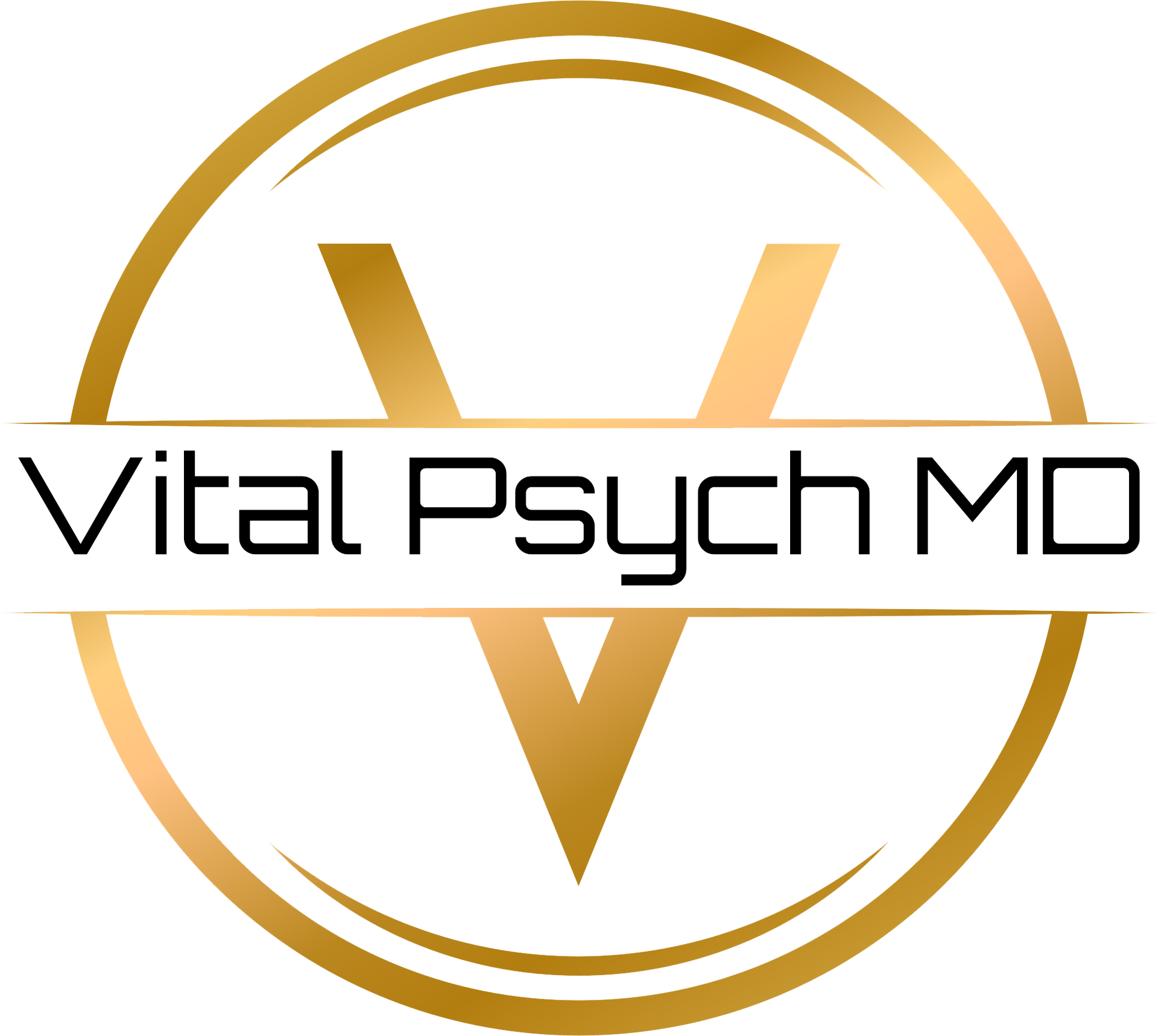Music Therapy: Promoting Healing Through Sound
Mental health care is constantly evolving to incorporate innovative therapies that address the unique needs of each individual. One form of treatment gaining widespread recognition is music therapy—a structured, evidence-based approach harnessing rhythm and melody to promote mental and emotional well-being. Often used alongside more traditional mental health treatments, music therapy can significantly improve outcomes for people experiencing stress, anxiety, depression, and other challenges.
The Science Behind Music Therapy
Music therapy, as defined by the American Music Therapy Association, is a clinical and evidence-based use of music interventions to accomplish individualized goals within a therapeutic relationship. This modality leverages the impact of sound on the brain and body, tapping into the way our neural pathways respond to rhythm, melody, and harmony. Studies have shown that listening to music can lower cortisol levels, a key stress hormone, which allows the body and mind to relax more effectively. These physiological changes often translate into tangible improvements in mental and emotional states.
When used in a structured therapeutic context, music interventions can stimulate areas of the brain related to emotion regulation, memory, and attention. This occurs even if participants are not actively playing an instrument themselves—therapeutic listening sessions tailored to specific goals can be just as impactful. Music’s ability to bypass conscious processing and evoke visceral, emotional responses makes it a powerful tool for breaking through barriers that more traditional talk therapy might not address as directly.
Alleviating Anxiety and Depression
For those struggling with anxiety and depression, music therapy can provide a much-needed sense of relief. A soothing piece of music may help ground individuals and reduce intrusive thoughts, while an upbeat, rhythmic track can elevate mood and motivate engagement in daily activities. The key lies in selecting or creating music that aligns with therapeutic objectives, whether it’s to manage symptoms, process emotions, or develop resilience in the face of life’s challenges.
Evidence continues to grow in support of music therapy for mental health conditions. Separate research reports have indicated statistically significant reductions in symptoms of anxiety and depression when music therapy is included in treatment plans. Furthermore, because music therapy often feels enjoyable and accessible, clients may be more inclined to continue with sessions and practice coping methods learned through music in their everyday lives.
Case Studies: Real-Life Impact
Many mental health professionals share stories of how music therapy positively affects their clients. Although unique to each individual, these accounts help demonstrate the therapy’s profound potential:
- A young adult diagnosed with depression found that improvising with percussion instruments in weekly sessions offered an outlet to express repressed emotions. As they explored different rhythms and tempos, they also cultivated healthy emotional regulation skills.
- An older client managing chronic anxiety discovered calm in guided relaxation sessions set to ambient music. Over time, these sessions helped them develop tools for controlling everyday stressors.
These anecdotes reflect the interpersonal, empathetic environment that music therapists strive to create. Therapeutic trust fosters self-discovery, allowing each participant to engage with their emotional landscape through guided musical expression.
Different Musical Approaches
Not all music therapy looks the same. Tailoring the approach to each client’s unique preferences and clinical goals is essential:
- Active Music Making: This technique involves playing instruments, singing, or engaging in musical improvisation. In doing so, participants explore different emotions, sounds, and expressions.
- Receptive Listening: Participants listen to specific music selections curated by a trained therapist. The goal is to stimulate relaxation, elicit specific emotions, or facilitate introspection.
- Songwriting: Individuals work collaboratively on writing lyrics and melodies that resonate with personal experiences. This can be especially helpful in processing trauma or difficult emotions.
- Music-Based Relaxation: Structured sessions might incorporate breathing exercises and progressive muscle relaxation, paired with soothing sounds that enhance the sense of calm
.
By employing these approaches, music therapy meets clients “where they are,” ensuring that each session aligns with their emotional state, cultural background, and musical taste.
Local Music Therapy in Miami
If you live in the Miami area, you will find a growing community of licensed music therapists offering personalized sessions for a range of needs. Local mental health clinics often partner with music therapy practitioners to complement talk therapy or psychiatric treatments. Additionally, community centers sometimes host group sessions, allowing participants to connect with others in a supportive musical environment.
For reliable local resources, you can explore organizations linked through official mental health networks in Miami or speak with your primary care provider or psychiatrist. When seeking out a music therapist, it is essential to confirm they hold professional credentials and relevant experience (“Board-Certified Music Therapist,” or MT-BC). This ensures you receive quality, evidence-based care tailored to your situation and goals.
Next Steps
Music therapy offers a genuinely engaging, restorative path to better mental health. Whether you feel drawn to drumming, inspired by songwriting, or simply calmed by listening to tranquil melodies, this therapeutic approach might be the missing component in your well-being journey.
For more information about how music therapy can complement your existing treatment plan, or if you’d like to explore other mental health services, visit the vitalpsychmd.com contact page to get in touch with our team. We look forward to helping you discover new paths toward mental wellness through the transformative power of sound.











